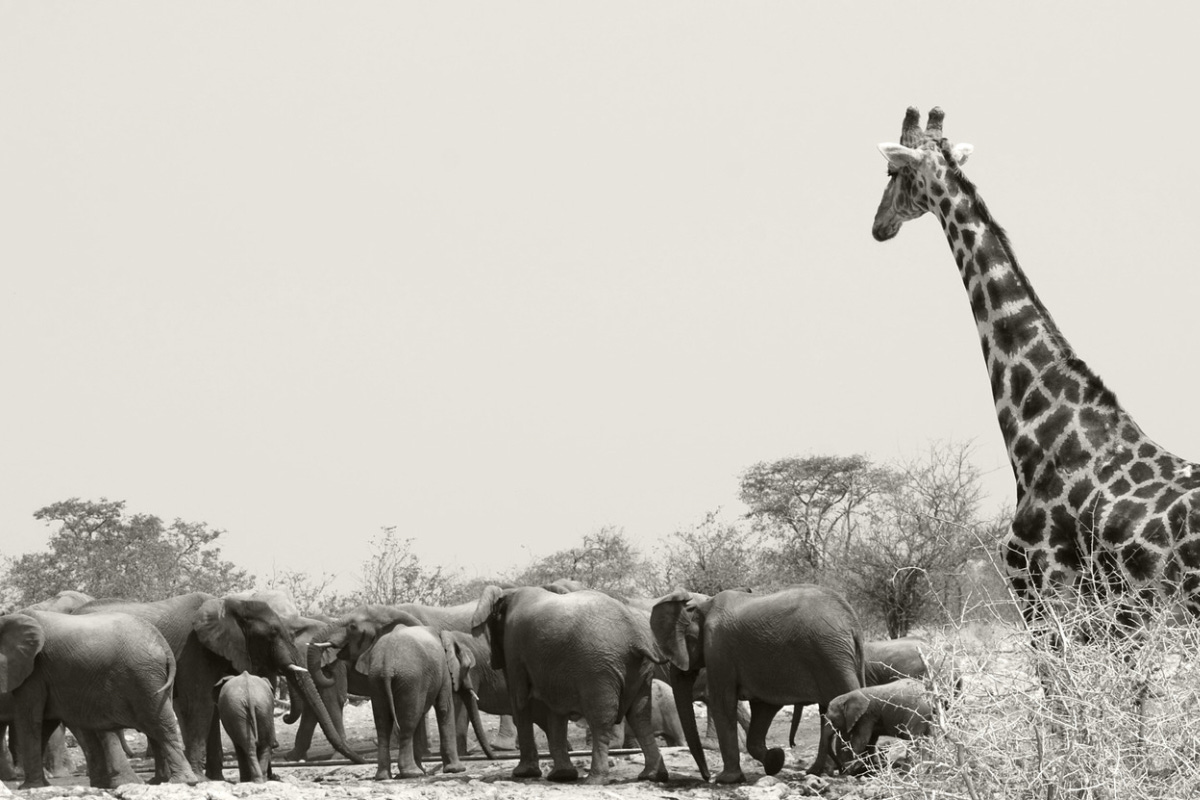In the unitive experience, the “I” or self recedes. Our awareness centric to the self becomes an awareness without a center. We lose the self in the unitive experience. The release of this conditioning becomes available to be on another level or plane of realization or consciousness.
HOW IS THE SELF BORN?
What is it? Is it shaped by inherited traits from our parents?
Is the self merely the continuity of centuries of tradition?
Is it a series of reactions?
Is the self the result of evolution, the gradual process of time? Perhaps the specialty of the brain developed to give importance to individuation?
Does the self come in to being through a culture which humans have created, which gives strength to the idea that you are separate from the rest of humanity?
All these have certain truths which constitute the self. It has been given tremendous importance in our world.
Does the instinct toward a self begin in the child with the urge to possess? Where there is any kind of possession, there must be the beginning of a self. From this instinct, this reaction, the self gradually increases in strength and vitality and becomes well-established. The possession of a house, the possession of land, the possession of knowledge, the possession of certain capabilities—all are the movement of the self.
This movement gives the feeling of separateness as the individual. The idea that each one of us throughout the world is separate from another—is that an actuality or could the whole concept be illusory, just as we have divided the world into separate communities, nations, languages?
We judge, evaluate, per a center—and that center then divides us. The concern with oneself and one’s community being different from another’s community, other selves, is that actually real? Because we know that cultural, religious, political, and economic differences have brought about havoc in the world. Terrible wars, incalculable harm, from the beginning of humanity.
Do you consider yourself a separate individual, with a separate brain, which is yours and nobody else’s? Is your thinking supposedly different from another’s?
Is thinking individual at all? Or is there only thinking, which is shared by all humanity, whether you are the most talented or the most ignorant?
These questions should arise when we consider the death of a reality centric to a self. The fact is, your thinking, my thinking and the thinking of another’s are similar. The expressions of thinking may vary. You may express something in one way if you are an artist, or a Republican, or a Muslim, and another person who is not any of these things may express them in another way. What we all have in common is thought.
We judge, evaluate, per a center—and that center then divides us. One believes in God, one doesn’t. One has faith, the other has no faith. This is common to all human beings, though each one may think she is different. And from this division, there arises not only individuality, but individuality identifying with a community, with a nation, with a race, with a religion which invariably brings conflict between human beings.
We are questioning deeply whether there is an individual at all. Your brain is not yours. It has evolved through centuries of time. You may be conditioned as a white human being, believe in various dogmas and rituals. Another has his own ethnicity, his own dogmas and rituals—but all of this is put together by thought.
I’m using the word thought in the ordinary sense. Thinking, rationalizing, questioning, comparing, and arguing—meaning thought requires activity, movement and a direction. It fills the mind with a necessity of being occupied—whether it is to recall a memory or ponder the future. It moves in a linear progression and is never present to the instant moment, which has no direction. And quite simply, no movement of thought.
Do we really grasp what is involved in that?
Because when we do, we realize the prominence of thought is what keeps us locked in separation consciousness and our awareness centered around a self. For non-dual or unity consciousness to arise, this notion of a self must recede along with thought. Then, when you are in the presence of a tulip, you no longer label it. You experience the blossoming of spring and feel spring inside you too, and its aliveness. You become soaked in the experience of the larger continuum which we are embedded in. Not through the self, through the body and connection to the whole. Here, we recognize we are participatory in creation from another plane of awareness. Here, the way we move in our world has a whole different capacity and power.
This piece is from The Unitive Life Audio Series (Part 1)
Join Christina as she explores the organic development of unity consciousness. She presents three phases of continuous and orderly growth by which a remaking of consciousness occurs and the unitive life develops and matures. The unitive life involves a deep relationship to Silence and this series calls for a radical receptivity united to the exploration of the depths and dimensions of Silence. Because the unitive life can only be entered, not apprehended, a daily meditation practice dedicated to exploring Silence is fundamental to the series. In each of the nine audios, Christina provides the listener with instruction and practical advice in how to enter Silence and how it is related to each phase of the unitive life.
Explore it more: The Unitive Life Audio Series (Part 1)
. . .
Let’s stay connected:
Christina and the Winds of Change Community





